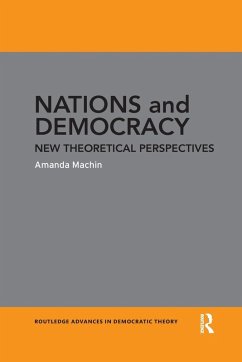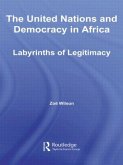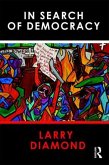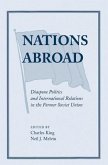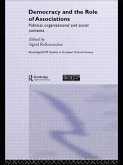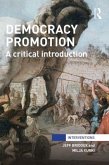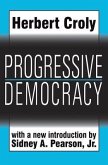A figure of enduring ingenuity, the nation has for centuries played a part on the socio-political stage. Whether centre stage or background scenery, it has featured in violent tragedies, revolutionary drama and nostalgic fable. Today, the nation is cast simultaneously in the roles of villain and hero. While it is renounced by those advocating trans-national, post-national and cosmopolitan forms of belonging, it has lately also been asserted as the solution to various social failures in liberal democracies. This appears to leave us with two alternatives: to jettison the nation in order to move towards a less parochial world, a world in which new forms of belonging underpin more inclusive politics. Or to celebrate the nation as way of ensuring the social cement that can unite a diverse society. Using the ideas of Wittgenstein and Lacan, Amanda Machin expertly explains that the overlapping and conflicting language games of the nation produce it as an object of desire in an uncertain world. The nation is not a pre-political thing but a matter of persistent political contestation and coalition. She reveals that the nation still has a vital part to play in democratic politics, but that this role is one of improvisation. While they endure as tools of emancipatory promise, nations nonetheless remain potential categories of violent exclusion. They cannot be pinned down as easily as anti-national and pro-national alternatives suggest. It is precisely the indeterminacy of the nation that gives it ongoing importance for democracy today. Providing an urgent riposte to dominant accounts, this thought provoking and highly original account demands a re-politicisation of the nation. This book will appeal to those engaged in theory and empirical research on nations and nationalism and the question of their link to democracy in a changing world, as well as those interested in psychoanalysis and Wittgenstein.
Hinweis: Dieser Artikel kann nur an eine deutsche Lieferadresse ausgeliefert werden.
Hinweis: Dieser Artikel kann nur an eine deutsche Lieferadresse ausgeliefert werden.

